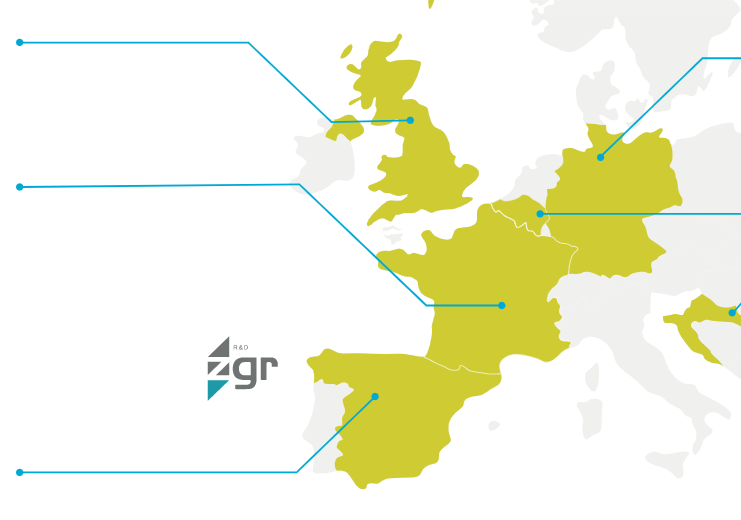EU project ISLANDER
EU project ISLANDER: Decarbonisation of European islands through smart energy management and use of local flexibility options The ISLANDER project officially started on October 1st, 2020. The consortium is composed of 11 organizations from 7 European countries: AYESA Advanced Technologies SA (project coordinator), IDENER Research & Development, Steinbeis-Europa-Zentrum, Nordseeheilbad Borkum GmbH, ZIGOR Research and Development AIE, CEGASA Energia S.L.U., Planète OUI, Katholieke Universiteit Leuven, the European Marine Energy Centre (EMEC), the Network of Sustainable Greek Islands (DAFNI) and Regionalna Energetska Agencija Kvarner.
ISLANDER will run for the next 4 years, ending in September 2024. The project strongly builds on the NETfficient project (2015-2019), which developed an energy platform that integrates
different storage technologies and renewable energy sources. Since then, Borkum has set itself the ambitious goal of becoming emission- free by 2030. The island is currently working on
solutions for hydrogen production and storage within the Interreg project H2WATT. The ISLANDER project now focuses on a roadmap for a complete decarbonization of the island.
ISLANDER aims at developing an even more integrated and efficient central energy management platform in order to manage the various energy assets and balance fluctuations
between generation and demand, using local flexibility options such as storage technologies and demand response in combination with renewable energy sources. In addition, an
innovative concept for heat supply based on a seawater-powered heat pump and a heat storage tank will be installed in a newly built district close to the port of Borkum. A large hydrogen-based storage will also be deployed. Moreover, a Renewable Energy Community will be created in order to engage the citizens of Borkum and strengthen their participation in the island’s energy transition. These measures will set the course for the creation of a largely carbon- free energy system on the island of Borkum by 2030.
Further, ISLANDER aims to replicate its results to the widest possible adopters. To do so, the project entails a 3-wave replication strategy along with the dissemination measures required
to support it:
- First wave replication in Follower Islands in Great Britain, Greece, and Croatia
- Second wave replication in the related archipelagos
- Third wave replication in other EU islands by means of the cooperation with the European Islands initiatives.
ISLANDER has received funding from the European Union’s Horizon 2020 research and innovation programmed under grant agreement No 957669. The European Commission is co-funding the project with nearly € 7 million.

